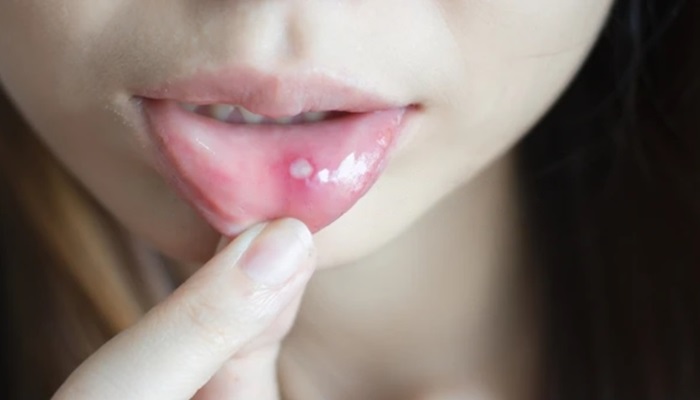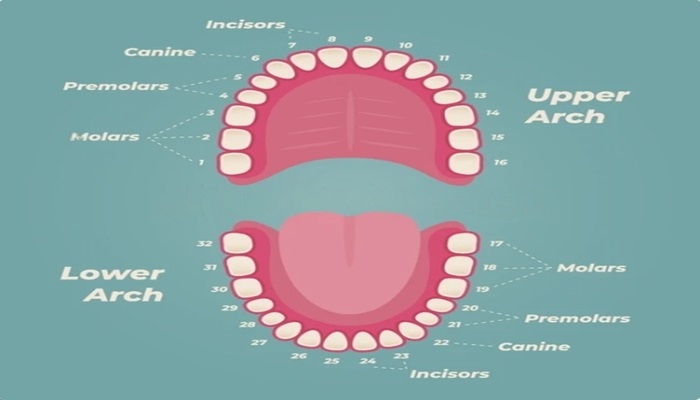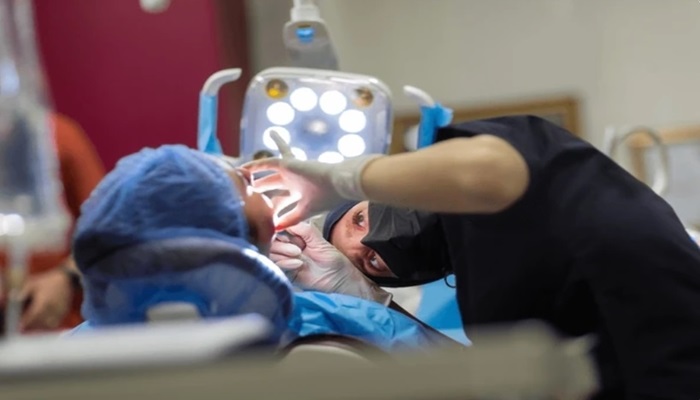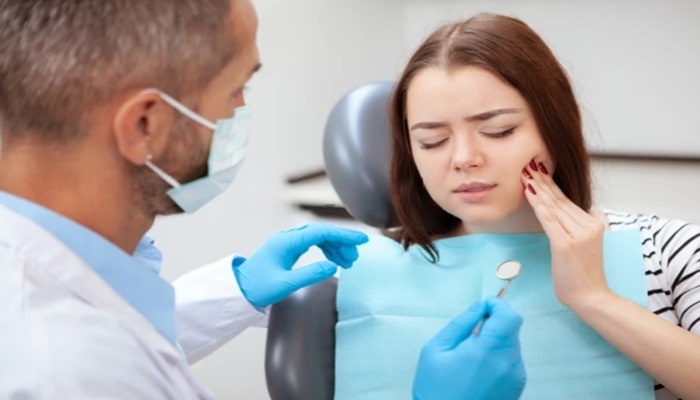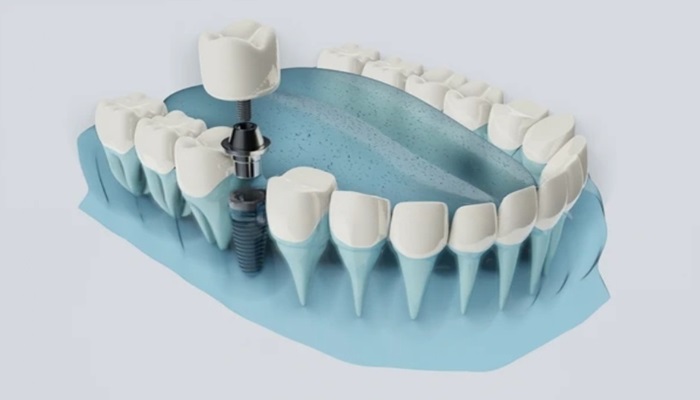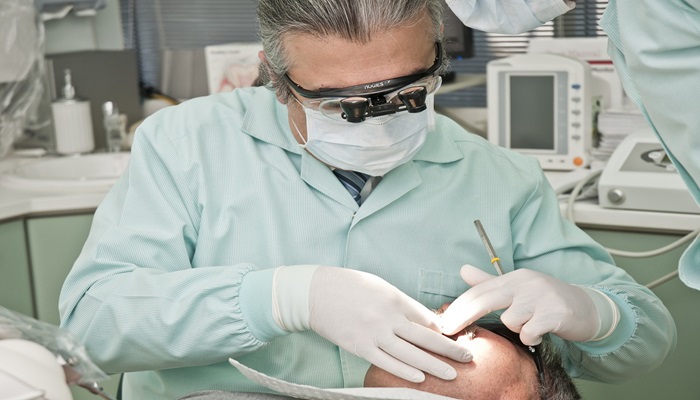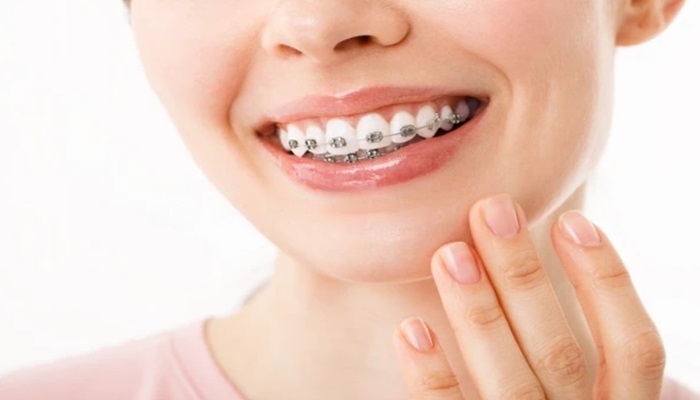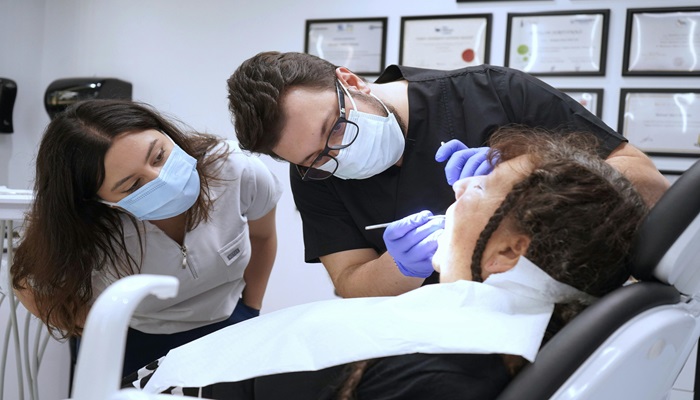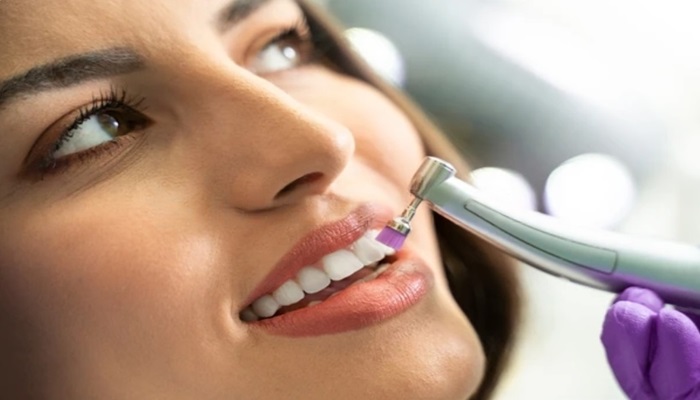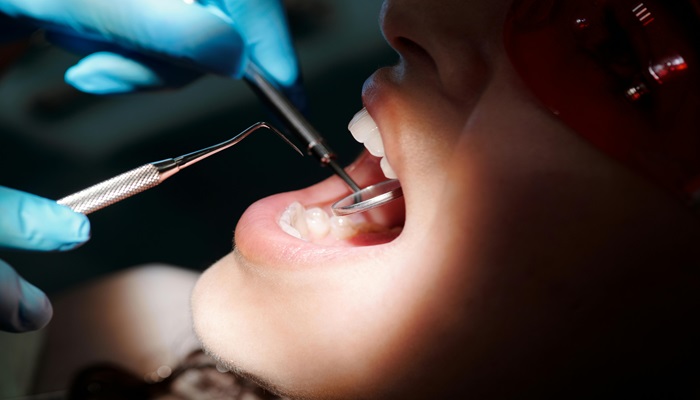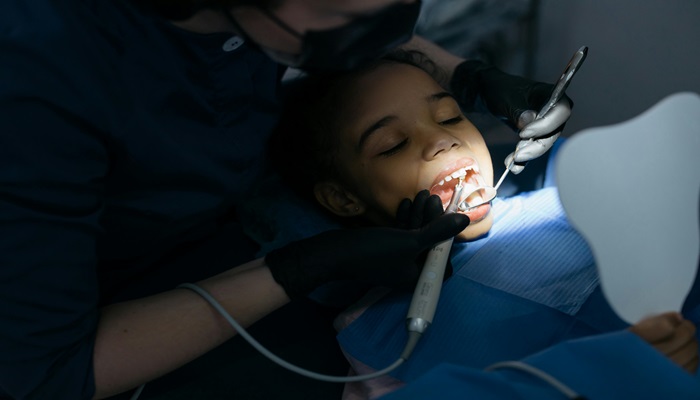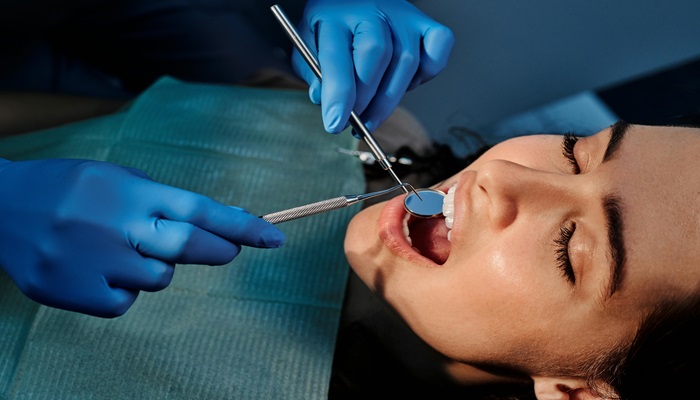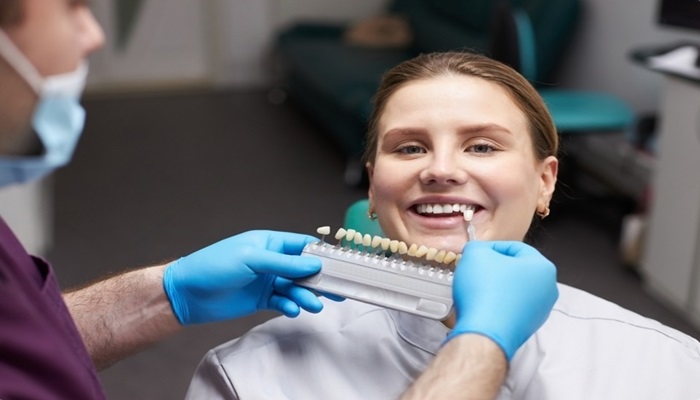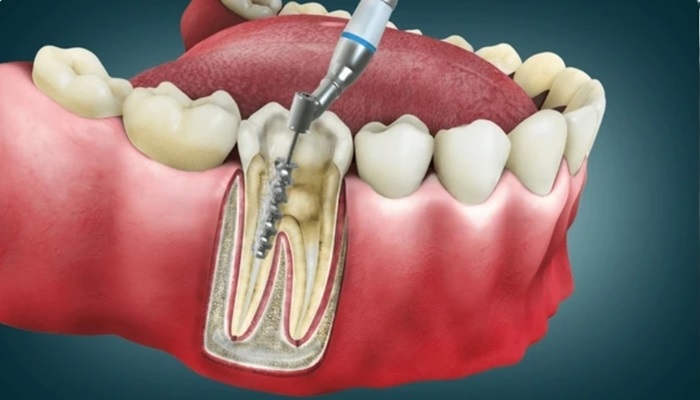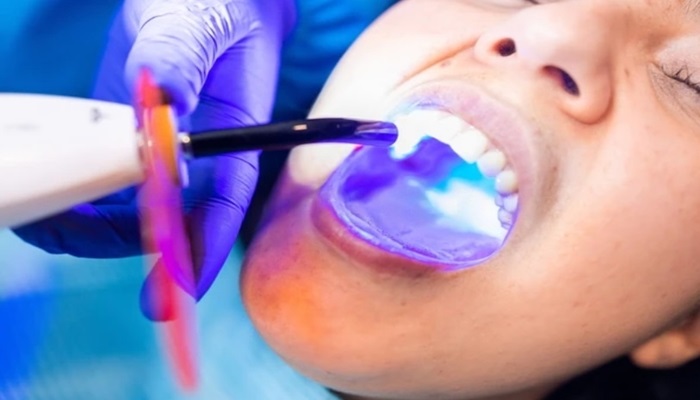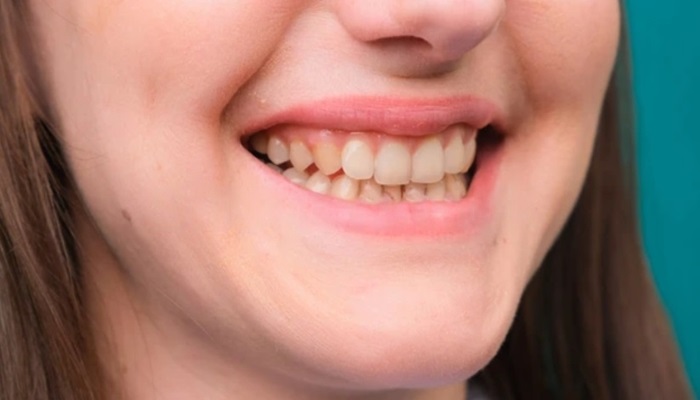Understanding how to achieve restful sleep after wisdom teeth removal is essential for facilitating a smooth recovery process. This blog aims to provide practical tips and guidance on improving sleep quality during the critical post-surgery period. After undergoing wisdom teeth removal, adequate rest becomes not only a necessity for healing but also a crucial factor in managing discomfort and promoting overall well-being.
The extraction of wisdom teeth can often lead to temporary discomfort, swelling, and difficulty in opening the mouth wide, which can impact sleep patterns. Therefore, adopting effective sleep strategies tailored to the recovery phase can significantly enhance comfort levels, reduce recovery time, and ensure a more positive post-operative experience.
By implementing proper sleep hygiene practices, such as maintaining a regular sleep schedule, creating a comfortable sleep environment, and utilizing supportive pillows, individuals can optimize their rest. Additionally, dietary considerations, including choosing soft, easy-to-eat foods and staying hydrated, can aid in both comfort and recovery.
CloSYS Ultra Sensitive Mouthwash
This blog will explore various tips and techniques to help you achieve better sleep after wisdom teeth removal, empowering you to navigate this period with greater ease and promote optimal healing.
Importance of Quality Sleep
Ensuring quality sleep after wisdom teeth extraction is paramount for effective recovery and overall well-being. Quality sleep plays a crucial role in the body’s healing process, aiding in tissue repair, immune function, and reducing inflammation. After undergoing oral surgery, including wisdom tooth extractions, the body requires adequate rest to recover from the procedure’s physical stress and promote optimal healing.
Sleep deprivation or poor sleep quality can exacerbate post-operative discomfort, prolong recovery time, and impair immune function, increasing the risk of complications like dry socket. Therefore, prioritizing restorative sleep is essential in minimizing pain and swelling, enhancing comfort levels, and promoting faster recovery.
Dental Herb Company – Tooth & Gums Tonic
Effective sleep also promotes psychological well-being, helping individuals manage stress and anxiety commonly associated with surgical procedures. It improves mood, concentration, and overall cognitive function, which are crucial for a smoother recovery experience.
To optimize sleep quality after wisdom teeth removal, it’s important to adopt good sleep hygiene practices. This includes maintaining a regular sleep schedule, creating a comfortable sleep environment free of distractions, and utilizing supportive pillows or cushions to minimize discomfort. Additionally, practicing relaxation techniques such as deep breathing or meditation before bedtime can promote relaxation and enhance sleep quality.
By recognizing the importance of quality sleep and implementing these strategies, individuals can facilitate a more comfortable and successful recovery after wisdom teeth extraction.
Managing Pain
Effective pain management is essential for promoting restful sleep after wisdom tooth removal. Following oral surgery, it’s common to experience discomfort, swelling, and sensitivity at the extraction site. Managing pain effectively not only alleviates physical discomfort but also improves sleep quality by reducing interruptions and enhancing overall comfort.
- Medication: Your dentist or oral surgeon may prescribe pain relievers to manage discomfort. It’s crucial to take these medications as directed to maintain pain relief throughout the night. Non-steroidal anti-inflammatory drugs (NSAIDs) can help reduce inflammation and pain associated with wisdom tooth removal.
- Ice Packs: Applying ice packs to the outside of your face can help numb the area, reduce swelling, and protect blood clots at the extraction site, making it easier to rest comfortably.
- Elevate Your Head: Keeping your head elevated with extra pillows can minimize swelling and alleviate pressure on the extraction site, making it easier to find a comfortable sleeping position.
- Soft Diet: Consuming soft foods and avoiding hard, crunchy foods can prevent irritation to the extraction site, reducing pain and discomfort that may disrupt sleep. This helps in maintaining the integrity of blood clots essential for healing.
- Relaxation Techniques: Practicing relaxation techniques such as deep breathing, meditation, or gentle stretching before bedtime can promote relaxation, reduce stress, and help manage severe pain, contributing to better sleep quality.
By effectively managing pain through these strategies, individuals can enhance their ability to sleep comfortably after wisdom tooth removal, supporting a smoother recovery process and preventing complications.
Ideal Sleeping Positions
Finding the ideal sleeping position after wisdom teeth removal is crucial for minimizing discomfort and promoting healing. The right position can help reduce swelling, prevent complications, and ensure a more restful sleep. One of the most effective strategies is to sleep with your head elevated. Using extra pillows to prop yourself up at a slight incline helps reduce swelling and promote drainage from the surgical sites.
This elevated position minimizes pressure on the extraction areas and lowers the risk of bleeding. Sleeping on your back is generally recommended as it prevents direct pressure on the cheeks and jaw, which can aggravate pain and swelling. If you are a side sleeper, try to sleep on your back for the first few nights post-surgery.
If you must sleep on your side, choose the side opposite the extraction site to avoid pressure and discomfort. Additionally, using a travel pillow or a specially designed wedge pillow can provide extra support and keep you in the optimal position throughout the night. Avoid sleeping on your stomach, as this position can increase pressure on your mouth and exacerbate discomfort. By adopting these ideal sleeping positions, you can improve your sleep quality and support a smoother recovery after wisdom teeth removal.
Using Supportive Pillows
Using supportive pillows can make a significant difference in how to sleep after wisdom teeth removal. Proper pillow support can alleviate discomfort, reduce swelling, and promote better sleep quality during the recovery period. One effective approach is to use a wedge pillow or stack multiple pillows to elevate your head and upper body. Elevating your head helps minimize swelling by promoting drainage and reducing blood flow to the surgical sites, which can also decrease the risk of bleeding and improve comfort.
A travel pillow can also be beneficial, especially if you find it difficult to stay in one position throughout the night. Placing a travel pillow around your neck can help keep your head elevated and prevent you from rolling onto your side or stomach, which can aggravate the extraction sites. Additionally, you can use pillows to support your back and sides, creating a stable and comfortable sleep environment.
Memory foam pillows are particularly useful as they contour to the shape of your head and neck, providing customized support and relieving pressure points. This can be especially helpful in maintaining a comfortable position without causing additional strain on the jaw and surgical areas.
TheraBreath Healthy Gums Mouthwash Clean Mint
By utilizing these supportive pillow techniques, you can enhance your sleep quality and comfort, which is essential for a speedy and smooth recovery after wisdom teeth removal. Ensuring that your head remains elevated and well-supported throughout the night will contribute to better healing and overall well-being during this crucial recovery phase.
Sleep Hygiene
Practicing good sleep hygiene is essential for achieving restful sleep after wisdom teeth removal. Proper sleep hygiene involves creating an environment and establishing routines that promote consistent, uninterrupted sleep, which is crucial for healing and overall well-being during the recovery period.
Firstly, establish a regular sleep schedule by going to bed and waking up at the same time each day. This helps regulate your body’s internal clock and improve sleep quality. Consistency is key, even during recovery, as it promotes better rest and faster healing.
Creating a comfortable sleep environment is equally important. Ensure your bedroom is cool, dark, and quiet. Consider using blackout curtains, earplugs, or a white noise machine to block out any disturbances that could disrupt your sleep. Additionally, make sure your bed is comfortable and supportive, with pillows arranged to keep your head elevated to reduce swelling.
Before bedtime, avoid stimulating activities such as watching TV, using electronic devices, or consuming caffeine. The blue light emitted by screens can interfere with your body’s production of melatonin, the hormone that regulates sleep. Instead, engage in relaxing activities like reading a book, listening to calming music, or practicing deep breathing exercises to prepare your body for sleep.
Maintaining oral hygiene is also critical, but take care to be gentle around the surgical sites. Rinse your mouth with warm salt water as recommended by your dentist or oral surgeon, and avoid vigorous brushing near the extraction areas.
It’s also beneficial to manage pain effectively before bedtime. Taking prescribed pain medication as directed, using ice packs to reduce swelling, and following dietary recommendations can help minimize discomfort and make it easier to fall asleep.
By incorporating these sleep hygiene practices, you can significantly improve your sleep quality after wisdom teeth removal. A restful night’s sleep not only aids in faster recovery but also enhances your overall comfort and well-being during the healing process.
Conclusion
In conclusion, understanding how to sleep after wisdom teeth removal is crucial for ensuring a smooth and comfortable recovery. By prioritizing quality sleep, you can significantly enhance your body’s ability to heal and reduce post-operative discomfort. Key strategies include managing pain effectively with prescribed medications and ice packs, adopting ideal sleeping positions such as keeping your head elevated, and using supportive pillows to maintain comfort throughout the night.
Additionally, following dietary recommendations can prevent irritation and further discomfort, making it easier to rest. Consuming soft foods and staying hydrated are essential for promoting healing while avoiding foods that could disrupt your recovery. Establishing good sleep hygiene practices, such as maintaining a consistent sleep schedule, creating a restful sleep environment, and engaging in relaxing activities before bedtime, can further improve your sleep quality.
Ultimately, a combination of these approaches will help you achieve better sleep after wisdom teeth removal, facilitating a faster and more pleasant recovery. Remember to follow your dentist’s or oral surgeon’s advice closely and give your body the rest it needs to heal effectively. With these tips, you can navigate the post-surgery period with greater ease and ensure a smoother path to recovery.
Oral-B Glide Pro-Health Dental Floss
At Grove Dental Clinic in Falls Church, VA, we’re dedicated to helping our patients achieve optimal oral health year-round.
Schedule your expert consultation at Grove Dental Clinic in Falls Church, VA today! Call (703) 578-0000 to book your appointment now!



